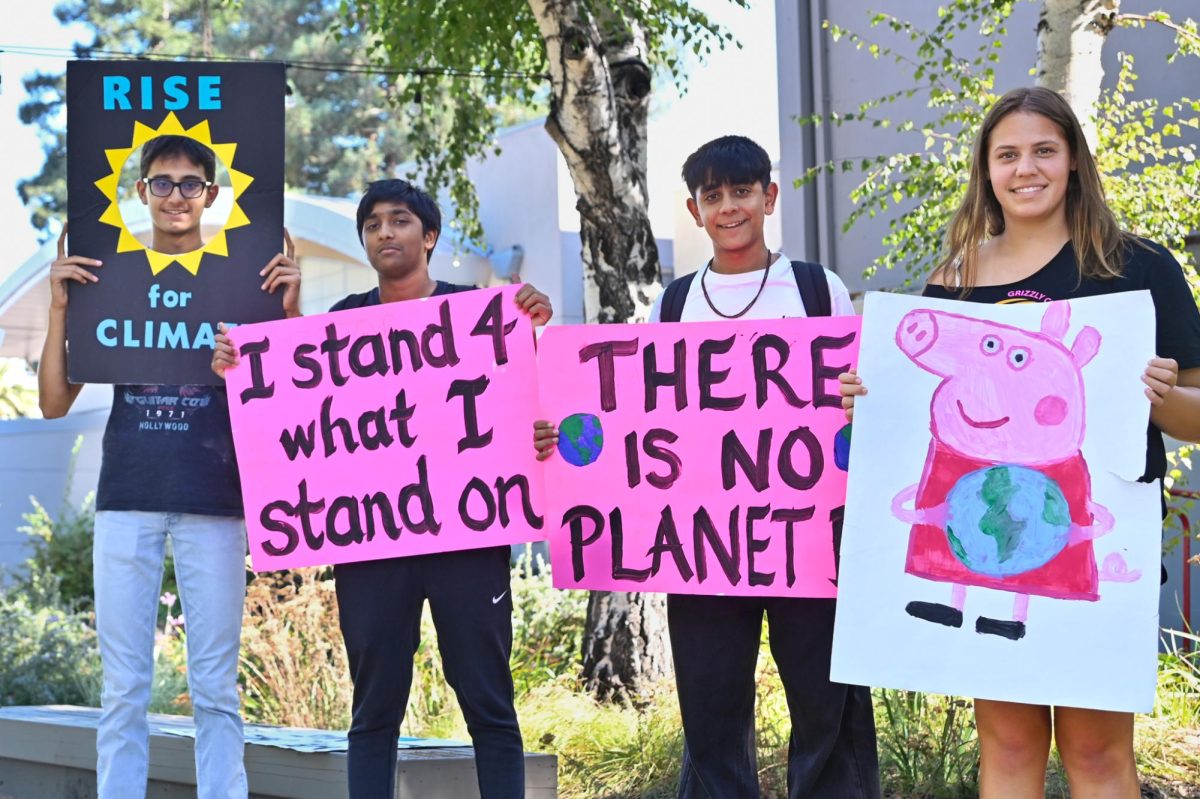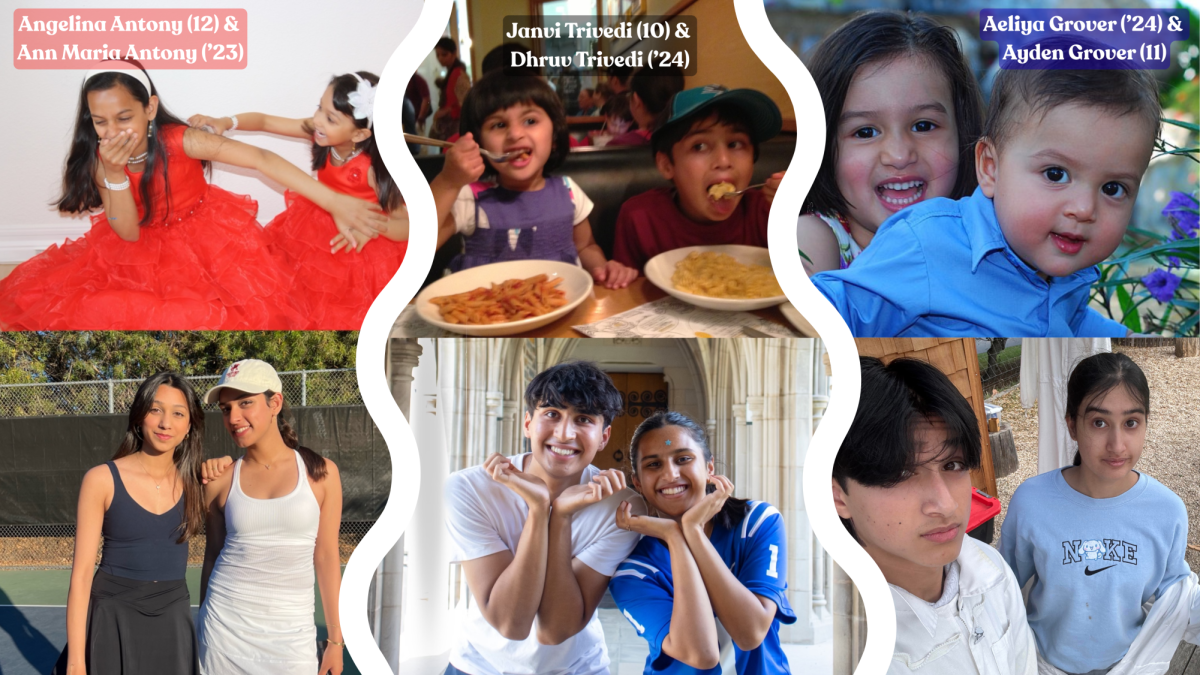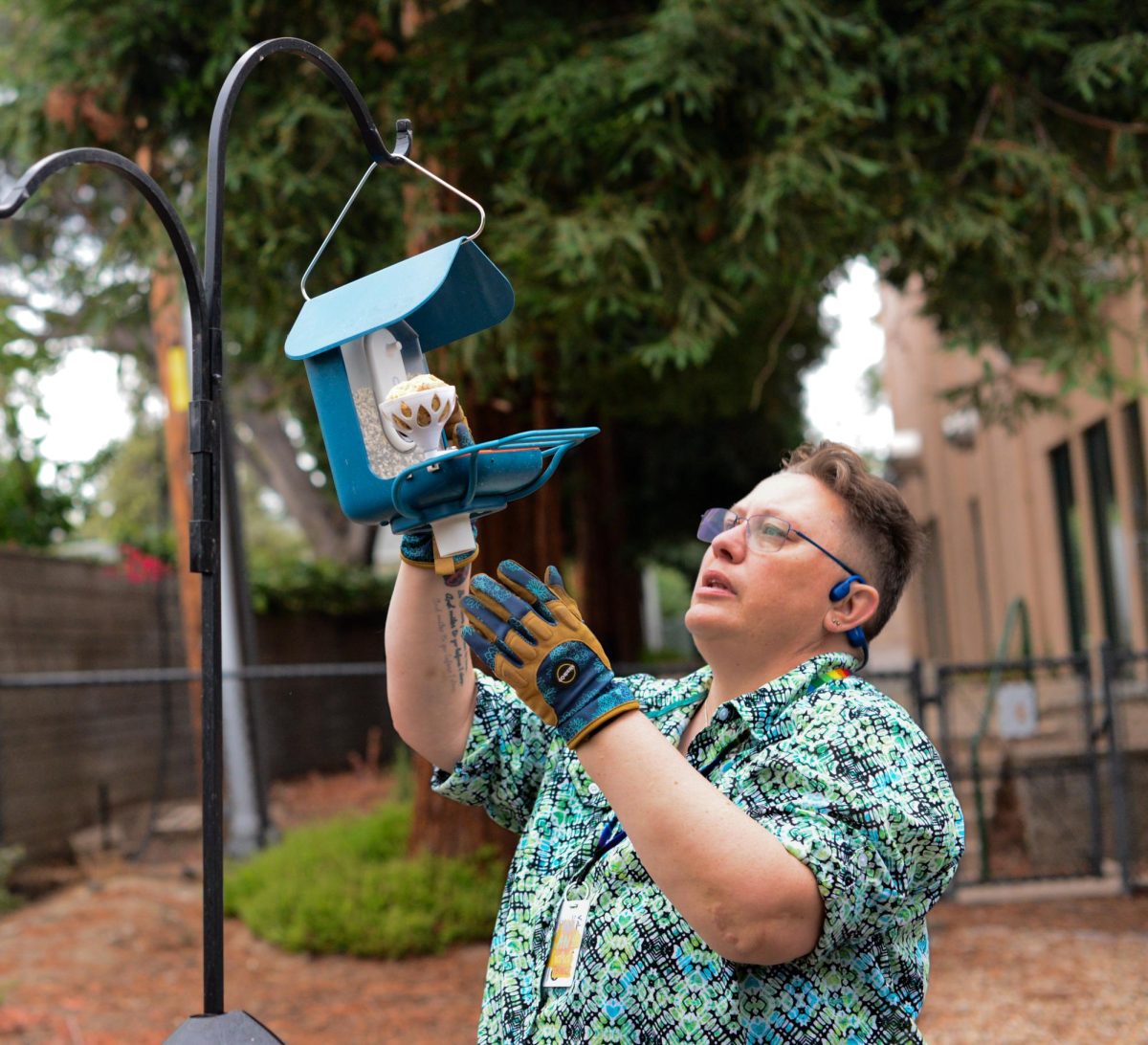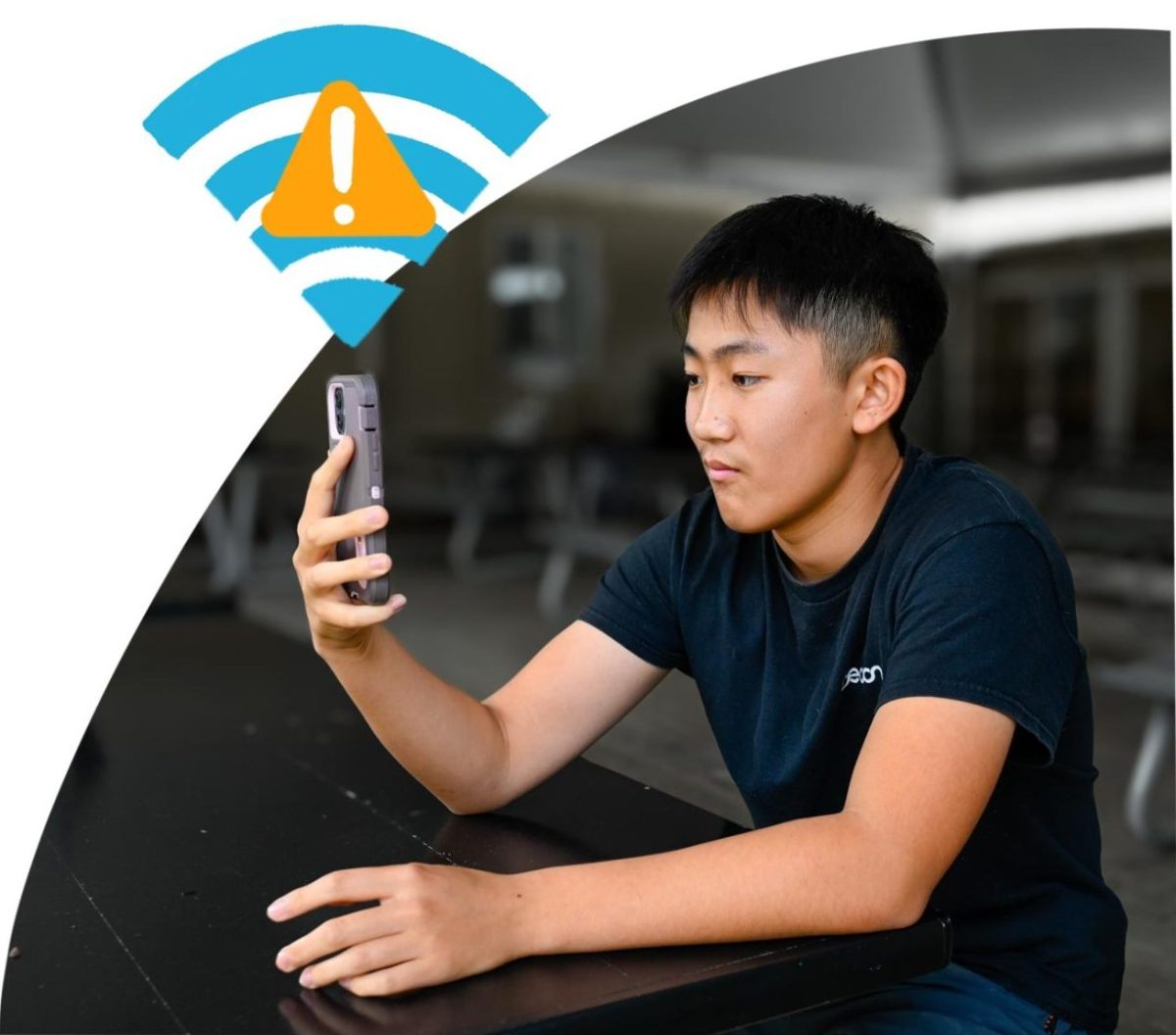Generation Z embodies one of the most ethnically diverse and civically engaged generations in American history, with 41 million members of Gen Z eligible to vote in the 2024 election, including 8.1 million newly eligible voters. November’s presidential election serves as the ultimate testament to Gen Z’s engagement with politics, as many are driven by concerns about issues like climate change, social justice, and economic inequality.
As social media and technology as a whole soar in popularity, Gen Z is leveraging these tools to amplify their voices, mobilize movements, and advocate for social change. Even platforms such as Instagram, Twitter, and TikTok have become essential spaces for political discussions, activism, and spreading awareness on key issues. According to a survey conducted by the United Way of the National Capital Area, over 32% of Gen Z is regularly involved in social justice and activism.
Additionally, over 33% of Gen Z have contacted a politician or lobbied for social issues at least once in their lifetime, with the majority of their efforts taking place through social media and online fundraising. Sophomore Dhanya Ramanan, who works for the Santa Clara County Democratic Party, observes the rare space Gen Z has built in the civic engagement field through evolving technology within the digital space.
“There’s a niche in politics for everyone because they’re creating legislature about everything,” Dhanya said. “[Americans are] now looking at more tech because of the fact we need to pay more attention to AI ethics. We need people who can understand the technology, the same way we need people who are scientists and know about the environment.”
Voters on the ground have rapidly propelled the momentum of the parties’ campaigns, and in recent years, Gen Z, even when under the eligible voting age, has been instrumental in shaping public opinion and driving political engagement. Groups like “Gen-Z for Change,” with their large follower base, have used social media to educate and mobilize their communities. Political campaigns, such as that of Senator John Fetterman, have recognized the influence of social media by hiring Gen Z influencers to reach young voters effectively.
In this election year, Gen Z is now motivated more than ever to be civically engaged. With highly contested issues such as affordable housing, education and inflation on the line, young activists who are affected by them daily stress the importance of civic engagement and involvement in what could potentially affect their future.
“Gen Z is very aware of what is going on in politics and the community around them,” history teacher Bronwen Callahan said. “I see a lot of students trying to make sure that the world around them looks the way they want it to or helping to do that.”
Senior Juliana Li, who interned at Evan Low’s campaign for 16th Congressional representative over the summer, explains that the low representation of minority populations in American politics encouraged her to work for a political office.
“I was really motivated by the fact that even though Asian Americans make up a huge percent of the population, they account for less than 1% of all government officials in America,” Juliana said.
Representation of identity and viewpoints remains a recurring issue among Gen Z voters — a key concern being the influence that donors and lobbyist organizations exert on political campaigns. Many feel that this influence often undermines genuine representation, focusing political priorities on the interests of a select few rather than the needs of the broader population. Dhanya urges other citizens and generations to recognize that their vote still has the power to overcome such influences.
“This whole idea that nothing will happen even if you vote is the reason that nothing is happening because 23% of youth voters voted,” Dhanya said. “How can you expect youth values to come out if you are not there to show out?”


















![“[Building nerf blasters] became this outlet of creativity for me that hasn't been matched by anything else. The process [of] making a build complete to your desire is such a painstakingly difficult process, but I've had to learn from [the skills needed from] soldering to proper painting. There's so many different options for everything, if you think about it, it exists. The best part is [that] if it doesn't exist, you can build it yourself," Ishaan Parate said.](https://harkeraquila.com/wp-content/uploads/2022/08/DSC_8149-900x604.jpg)




![“When I came into high school, I was ready to be a follower. But DECA was a game changer for me. It helped me overcome my fear of public speaking, and it's played such a major role in who I've become today. To be able to successfully lead a chapter of 150 students, an officer team and be one of the upperclassmen I once really admired is something I'm [really] proud of,” Anvitha Tummala ('21) said.](https://harkeraquila.com/wp-content/uploads/2021/07/Screen-Shot-2021-07-25-at-9.50.05-AM-900x594.png)







![“I think getting up in the morning and having a sense of purpose [is exciting]. I think without a certain amount of drive, life is kind of obsolete and mundane, and I think having that every single day is what makes each day unique and kind of makes life exciting,” Neymika Jain (12) said.](https://harkeraquila.com/wp-content/uploads/2017/06/Screen-Shot-2017-06-03-at-4.54.16-PM.png)








![“My slogan is ‘slow feet, don’t eat, and I’m hungry.’ You need to run fast to get where you are–you aren't going to get those championships if you aren't fast,” Angel Cervantes (12) said. “I want to do well in school on my tests and in track and win championships for my team. I live by that, [and] I can do that anywhere: in the classroom or on the field.”](https://harkeraquila.com/wp-content/uploads/2018/06/DSC5146-900x601.jpg)
![“[Volleyball has] taught me how to fall correctly, and another thing it taught is that you don’t have to be the best at something to be good at it. If you just hit the ball in a smart way, then it still scores points and you’re good at it. You could be a background player and still make a much bigger impact on the team than you would think,” Anya Gert (’20) said.](https://harkeraquila.com/wp-content/uploads/2020/06/AnnaGert_JinTuan_HoHPhotoEdited-600x900.jpeg)

![“I'm not nearly there yet, but [my confidence has] definitely been getting better since I was pretty shy and timid coming into Harker my freshman year. I know that there's a lot of people that are really confident in what they do, and I really admire them. Everyone's so driven and that has really pushed me to kind of try to find my own place in high school and be more confident,” Alyssa Huang (’20) said.](https://harkeraquila.com/wp-content/uploads/2020/06/AlyssaHuang_EmilyChen_HoHPhoto-900x749.jpeg)













